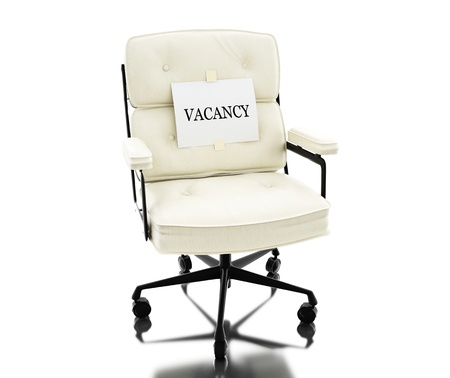As a hiring professional, one of the most frustrating elements of the entire recruitment process is the candidate who fails to attend for their interview.
Here’s why (and what you can do to reduce those no-shows):-
Painfully slow hiring process : Inviting a qualified candidate for an interview which isn’t scheduled for another month because that’s your standard procedure almost guarantees a no-show. The average time to hire is around four weeks – too long for companies serious about hiring talent. Support your hiring process with technology which tags your priority candidates and minimises the waiting time. To further reduce the chances of a no-show allow your candidates to self schedule their interview through your recruitment software.
You missed your deadlines : Set out your aims for your hiring process from the outset, including your proposed interview schedule and ideal start date for your new employee – then meet those deadlines. Inconsistency in your actions or repeatedly rescheduling interviews suggests an inconsistent employer. Deliver on your commitments and engage with talent through regular automated updates. Provide details of what to expect at the interview, information on who they will meet, the structure and time of their interview, assessments that may be carried out on the day and when a decision will be made on their application.
They worked out the commute : Most job seekers apply for a number of jobs simultaneously to enhance their chances of securing employment quickly. A new survey from Vodafone[1] found that less than half of employees enjoy their commute and 60% would prefer a job with a shorter or less frequent commute. Be realistic about location in screening candidates or offer flexible or remote working as standard. While they may claim it’s no problem, a similar job that appears closer to home means another unexpected gap in your interview schedule.
They checked you out online : Savvy job seekers evaluate your company’s reputation before attending interviews. If they don’t like what they find they’ll disappear from your talent pipeline without explanation. A quick review of your own will reveal just what your employees and rejected job applicants have to say about their experience with your company. NB : A reputation for 'ghosting' candidates after interview won't help your cause.
They already had a job offer : Job hoarding is deemed an acceptable practice for the majority of job seekers. 60% of candidates continue to apply for jobs after accepting an offer of employment. Your no-show may simply be due to their ideal employer finally completing their background checks and confirming their start date. Including a question about other opportunities within your initial screening may at least alert HR to a potential no-show (assuming your candidates are willing to disclose that information).
Avoiding the second interview blues
Your candidate shows up for interview and ticks all of your boxes but either fails to turn up or ignores your invitation for a further meeting. While all of the abovementioned reasons apply for absence in second interviews, there’s also the following to consider:-
- Your interview simply didn’t live up to expectations. Over 40% of hiring managers are either not good interviewers or have no formal training and only a third of hiring managers are actively engaged in the hiring process itself. In a competitive jobs market, transparency and attention to detail is vital to engage with talent. Failure to review CVs, carry out a structured interview or demonstrate a thorough understanding of the job description and performance objectives damages the candidate’s perception of your culture and brand. To address this issue, implement a request for feedback on their experience as standard. No hiring process is perfect – not even yours.
- You were slow to follow up. It’s possible that your candidate is further along in the hiring process with your competitor so a rapid response is essential. Ensure a minimal delay in between interviews and stay in contact with your candidates.
Should you follow-up after a no-show?
As a general rule - no. Most hiring teams don’t follow-up with candidate no-shows on the basis that someone who doesn’t prioritise their company isn’t suitable for employment. But genuine emergencies do occasionally happen and for an elusive candidate who possesses a number of rare skills a brief e-mail stating that you assume they are no longer interested in your vacancy and wishing them success in their job search may elicit a reply. The nature of that reply will determine whether or not to continue with their application.
Improve your candidate no-shows. Support your recruitment process with world class recruitment software from Advorto that helps you to hire better people faster. Contact us today.
You might also like to read:-
The Importance Of Candidate Feedback
What’s Driving Talent Away From Your Business?
Download our infographic for more information:-
12 Tips To Reduce Candidate No-Shows
[1] Source : http://hrmagazine.co.uk/article-details/employees-tempted-to-leave-by-shorter-commutes






